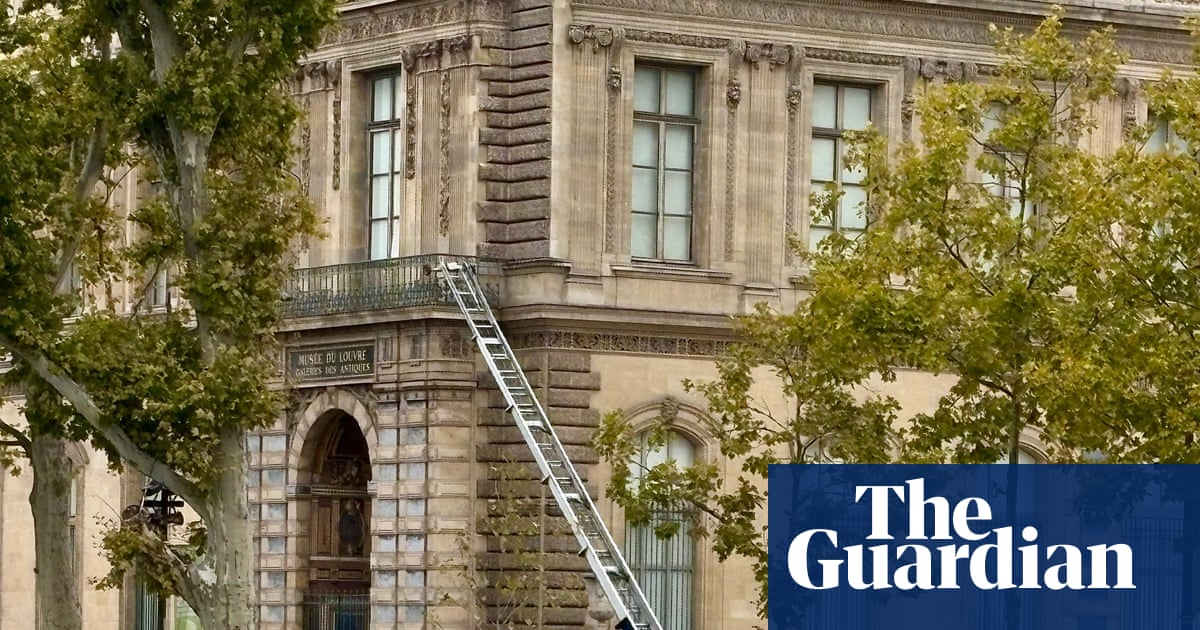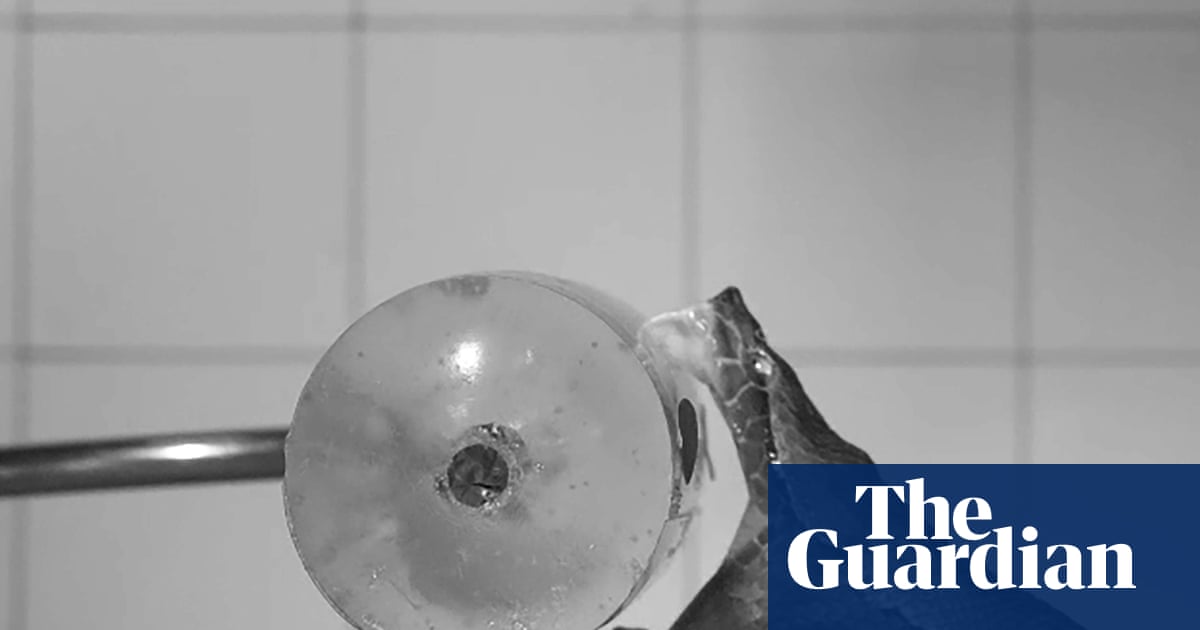French coastguards have called for plans to intercept small boats in the Channel to be halted because of the risk to life. The intervention came as the Home Office confirmed France was reviewing its “maritime doctrine” about the plan.
In a letter to the French customs director general, Florian Colas, the customs union Solidaires Douanes, which includes coastguards among its members, describes the plans to intercept small boats up to 300 metres from the French shore as “a deadly doctrine, which contravenes international conventions to which France is a signatory”.
It adds: “Such an inhumane, absurd and shameful doctrine risks provoking shipwrecks and deaths, for which the moral and criminal responsibility would rest entirely with the personnel responsible for carrying out the interventions.”
The new questions over the viability of interceptions of dinghies in the Channel is another blow to the UK government after the Guardian revealed on Tuesday that an Iranian asylum seeker in the first group of those sent back to France under the “one in one out” deal had returned to the UK in a small boat.
The BBC has reported that the part of the UK-France deal to stop the boats off the French coast is under threat and may never be implemented.
While saving lives at sea is paramount in maritime law, the interception plan was based on a new “maritime doctrine”, considered by the French authorities in June, under which patrol boats would attempt to intercept dinghies and pull them back to shore. The Home Office said on Thursday that France was reviewing its maritime doctrine.
According to the BBC, French maritime security sources described the plan as “just a political stunt”.
Peter Walsh, from Oxford’s Migration Observatory, said the plan may never be implemented.
A French police union spokesperson, Jean-Pierre Cloez, said the plans were “on hold”. “We considered at the time it was [too] dangerous. The rules, for the moment, are the same. There’s no change in the way we do things.”
The UK’s border security commander has expressed frustration that the French authorities have not yet implemented the plan.
Martin Hewitt told MPs on the Commons home affairs select committee that rapid changes in government in France had been a “political backdrop” to introducing a tactic the UK considered crucial to countering “taxi boats” that smuggled people to Britain.
He said it was “frustrating” that France had not been able to implement more interventionist tactics against boats, which pick up people in shallow waters off French beaches.
The policy is the latest to encounter problems. When Priti Patel was home secretary her plan to intercept dinghies in the Channel was withdrawn just days before a high court challenge, in April 2022. The then Conservative government dismissed reports it was considering intercepting dinghies using jetskis or wave machines.
The Home Office said on Thursday: “Small boats crossings are utterly unacceptable and we remain set on disrupting the vile people smugglers behind them. France is a critical partner in tackling illegal migration and we continue to work closely together as they review their maritime doctrine, which will allow officers to intervene in shallow waters. We want to see the earliest possible deployment of these new tactics. And thanks to our landmark deal with the French, people crossing in small boats can now be detained and removed.”

.png) 4 hours ago
9
4 hours ago
9

















































